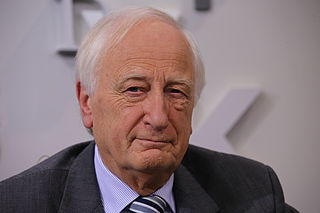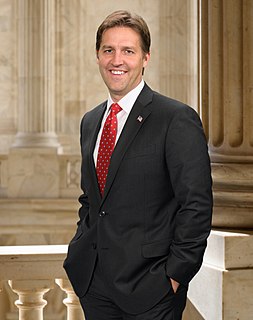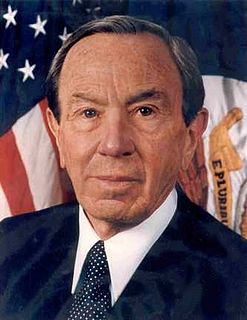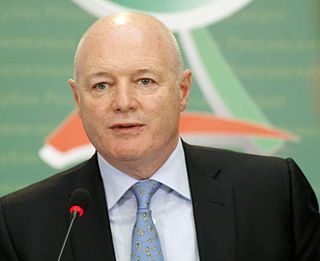A Quote by Antony Blinken
Bringing the Baltics into the alliance is not a zero sum game in which NATO's gain is Russia's loss, NATO's strength Russia's weakness.
Related Quotes
I think NATO is obsolete. NATO was done at a time you had the Soviet Union, which was obviously larger - much larger than Russia is today. I'm not saying Russia is not a threat. But we have other threats. We have the threat of terrorism. And NATO doesn't discuss terrorism. NATO's not meant for terrorism. NATO doesn't have the right countries in it for terrorism.
I welcome the fact that Trump has clearly stated that NATO is not obsolete.And I think, also, that reflects that NATO is adapting. NATO is the most successful alliance in history because we have been able to change, to adapt when the world is changing. And now NATO is stepping up its effort in the global fight against terrorism, and we are responding to a more assertive Russia with an increase of our collective defense, with more presence in the eastern part of the alliance.
In Ukraine, there has never been a consensus behind NATO membership. Even Yulia Tymoshenko was noncommittal when she was still prime minister. Georgia under President Mikhail Saakashvili pursued a rather aggressive stance, which stood in the way of its NATO membership. Given both states' unique relationships with Russia, concerns were justified that NATO membership would trigger Russia's reasonable fears of encirclement.
I don't understand what the president's [Donald Trump] position is on Russia. But I can tell you what my position is on Russia: Russia is a great danger to a lot of its neighbors, and [Vladimir] Putin has as one of his core objectives fracturing NATO, which is one of the greatest military alliances in the history of the world.
US opposition to Russia and China has entailed sanctions against Russia, and Russia in turn has made counter-sanctions against Europe. So Europe is essentially sacrificing its opportunities for trade and investment in order to remain part of NATO. It is also agreeing to bomb Syria and the Near East, creating a wave of refugees that it doesn't know what to do with.
Following the end of the Cold War, there was much discussion concerning the point of NATO. In the event, it was reinvented as a means of reducing Russia's reach on its western frontiers and seeking to isolate it. Its former East European client states were admitted to NATO, as were the Baltic states.











































